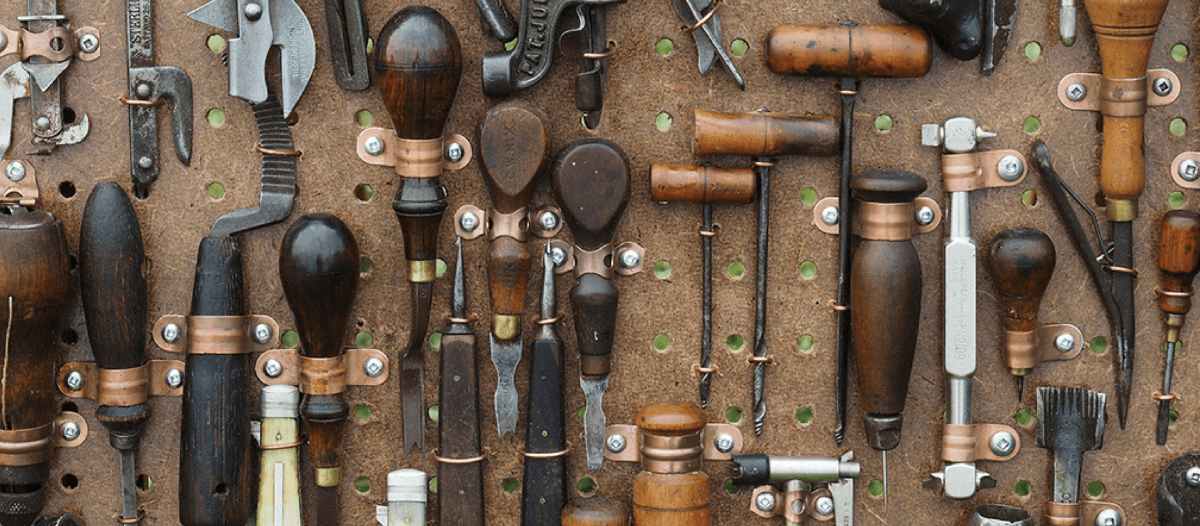Warehouse
Deadline
July 10, 2026
Judging
Date
July 26, 2026
Winners
Announced
August 12, 2026

Distributor Support Tools:
In an ultra-competitive wine and spirits market in the U.S., distributors need effective support tools from importers to help ensure that their brands can get new product placements and retain them on retailer shelves and restaurant lists over time. The following are some basic tools that every distributor would find useful weapons in the on-going battle to gain territory in on- and off-premise markets.
[[relatedPurchasesItems-42]]
Price Sheet:
This should be a complete listing of wholesale pricing to on- and off-premise accounts, frontline (one case) to deepest and best deal, which is usually a ten-case price. Sometimes, value wines will have several levels of deeper deals, like a 28-case (half pallet) or 56-case (full pallet) price. Frequently, top-level wines will either have only a frontline price or one level of discount, a two- or three-case deal. Typically, these will be wines imported in limited quantity, like Grand Cru Burgundies, First Growth Bordeaux or Cult Cabernets.
Brand Deck:
Brand Deck can be a PowerPoint presentation, a press kit composed of several documents (sell sheet, tech sheet, winemaker bio, history of the property, history of the appellation/region) or both. This is content about the brand that is a definition of the brand, a description of what differentiates it, and a summary of all related, salient brand, producer and producer points, particularly those that have to do with the product segment and competitive set. All of this content should help a distributor tell a brand or product story to an account and help them sell it.
Case and Pallet Spec Sheet:
Whether it’s a 40' container (20 pallets or 1200 cases) or a 20' container (10 pallets or 800 cases), the importer pays the freight forwarder by weight. Spec sheets must be accurate in listing physical dimensions and weight of cases and pallets for each product so that there are no logistical problems during shipping.
Scores, Reviews and Awards:
In large, chain stores or multi-state retailers that cover big spaces with little or no sales staff on the floor, strong scores and similar ratings can have a dramatic effect on how quickly product moves. Similarly, some small shops prefer highly-rated products because, in effect, the buzz created by the big score or review helps the product sell to the droves of customers who request it.
Sell Sheet:
This key piece of product information should contain “the story” for the brand and product. Ideally, a sell sheet explains what the brand’s “DNA” is and, specifically, what makes it special compared to other products in its competitive set and, generally, to the rest of the market. What is the history of the family, if the producer is a company that is family-owned and operated? What are the dominant grape varieties in the brand or product appellation or AVA? Are there different styles of wine and have these evolved over time? A sell sheet and other brand content (winemaker, master blender or head brewer bio; winery or distillery history or summary; overview of area of region) should provide a sales rep with multiple selling points with which to support the product and brand stories to convey to accounts.
Product Technical Info Sheet:
This should include a complete listing of all pertinent environmental, farming and production factors which contribute to making the product. For example, how does a single-malt scotch like Highland Park from the Orkney Islands differ fundamentally from Talisker from the Isle of Skye or from Glenmorangie from near the town of Tain? Some accounts want to see specific and granular technical details on a wine tech sheet, for example, the wine’s pH, acidity and harvest notes.
Shelf Talkers:
These POS materials can be critical sales tools for retail accounts with tons of square footage and few salespeople on the floor. These kinds of stores often focus on brands with high ratings from renowned wine publications. A prominently placed shelf talker will remind consumers about high scores for wines or the latest winners or medalists from the most recent world spirits competition, events that have been gaining greater trade exposure. Shelf talkers like this can help move brands and products off the shelf.
Case Cards:
The ability for an importer to deliver timely POS materials to an off-premise account can help a distributor close a new sale or help a product re-order of an existing placement. Case cards help the case stack be more visible on the sales floor, and they often convey content that is part of a national brand campaign or a specific, regional one that may be seasonal or timed to coincide with other marketing events in the U.S. Case cards help consumers see and buy the product.
Bottle Necker:
Similar to shelf talkers and case cards, bottle neckers sometimes tout recent strong scores and this is a good way to help focus retail customers on brands and products that have received good press mentions. Due to their smaller size, it’s more common for bottle neckers to be used to enhance existing branding materials (graphics, colors, language) or basic visual components of a brand logo or packaging. Bottle neckers are small, but there’s still enough room to mention information about the brand, i.e. that it is artisanal, handcrafted or made with certified organic ingredients.
The 2025 Winners List is Now Live! Explore the Full List!